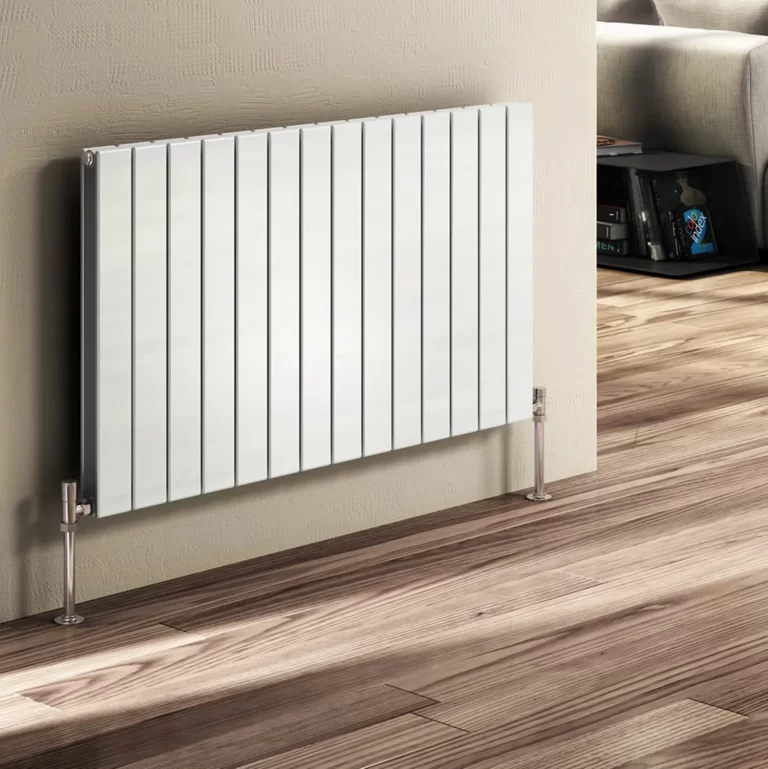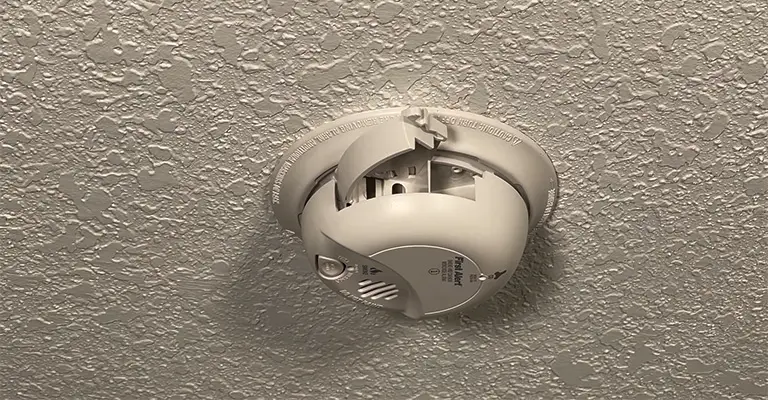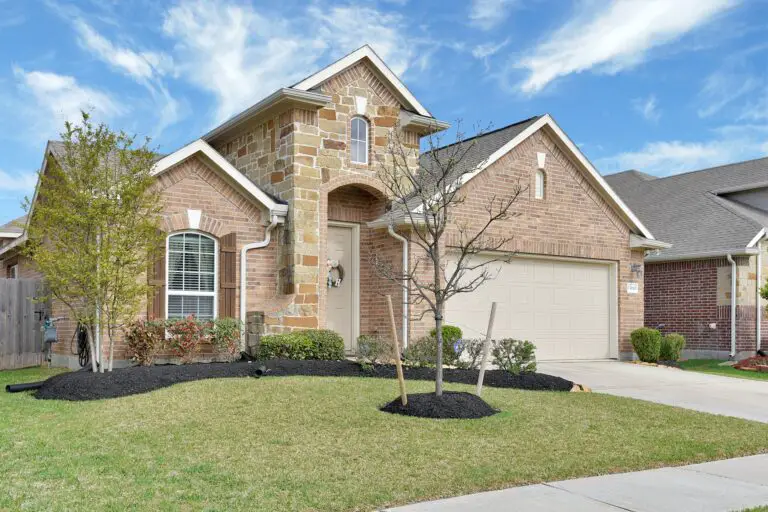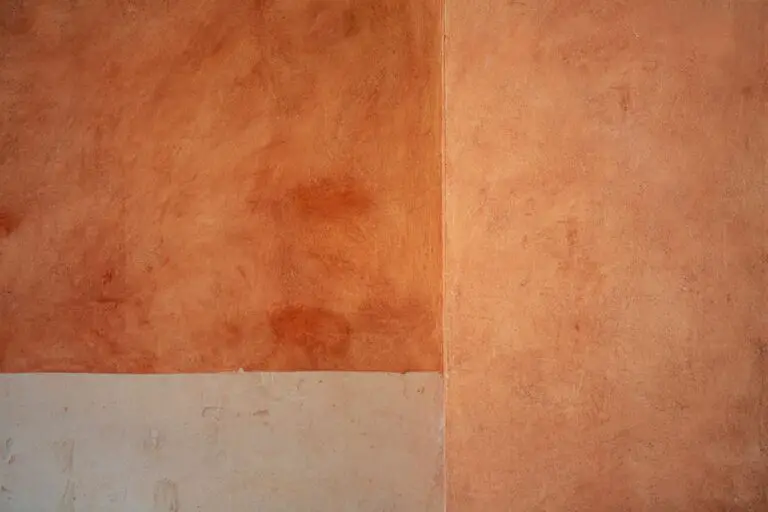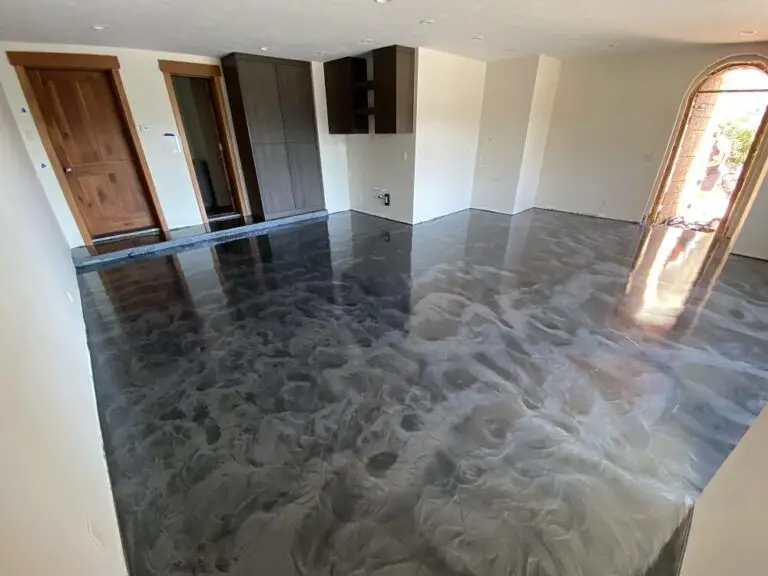Roof Replacement: Estimating the Cost and Value for Your Home
When it comes to maintaining your home, one of the most critical aspects is estimating the cost of a roof. Your roof is not just a structural component; it’s your shield against the elements, the key to energy efficiency, and a major contributor to your home’s visual appeal. Over time, wear and tear can take a toll on your roof, potentially leading to leaks, damaged shingles, and a decrease in energy efficiency. In this comprehensive guide, we will walk you through the process of estimating the cost of a roof replacement and assessing the value it can bring to your home.
Why Replace Your Roof?
- Protect Your Investment
Your home is likely one of your most significant investments. A well-maintained roof not only safeguards your belongings but also ensures the structural integrity of your property. Ignoring roof issues can lead to more extensive and costly repairs down the road, including damage to your interior walls and ceilings.
- Enhance Curb Appeal
The roof is a prominent feature of your home’s exterior. A new roof can instantly boost your home’s curb appeal, making it more attractive to potential buyers and improving its overall aesthetic.
- Increase Energy Efficiency
Older roofs may lack proper insulation, causing your home to lose heat in the winter and cool air in the summer. A new roof with modern insulation materials can help you save on energy bills and create a more comfortable living environment.
- Peace of Mind
Knowing that you have a sturdy and reliable roof overhead can provide peace of mind. You won’t have to worry about leaks, water damage, or structural issues.
Estimating the Cost of Roof Replacement
When considering a roof replacement, it’s essential to have a clear understanding of the potential costs involved. The cost of a new roof can vary significantly based on several factors.
- Roof Size and Complexity
The most substantial factor influencing the cost of a roof replacement is its size and complexity. Larger roofs will naturally require more materials and labor, while complex roof designs with multiple angles, dormers, and skylights will increase installation complexity and costs.
- Materials
The choice of roofing materials has a significant impact on the overall cost. Here are some common roofing materials and their approximate costs per square foot:
- Asphalt shingles: $3 to $7
- Metal roofing: $5 to $12
- Wood shingles or shakes: $7 to $12
- Clay or concrete tiles: $10 to $20
- Slate: $20 to $40
Keep in mind that higher-quality materials often come with a higher upfront cost but may offer better durability and longevity.
- Labor Costs
The cost of labor can vary by location and the complexity of the job. Roofers typically charge per square foot of roofing material installed. Labor costs may also include expenses such as removing the old roof, installing new underlayment, and ensuring proper ventilation.
- Additional Work
Sometimes, a roof replacement may require additional work, such as repairing damaged decking, replacing flashing, or addressing structural issues. These extra tasks can significantly impact the overall cost.
- Roof Pitch and Accessibility
Roofs with steep pitches or limited accessibility may require special equipment or safety measures, increasing labor costs.
- Permits and Regulations
Depending on your location, you may need permits for a roof replacement. These permits can add to the overall cost, so be sure to check with your local authorities.
- Warranty and Quality
Consider the warranty offered by the roofing materials and the contractor. Quality materials and experienced roofers may cost more upfront but can save you money in the long run by reducing the need for repairs and replacements.
- Tear-Off vs. Overlay
In some cases, it’s possible to overlay new shingles on top of an existing roof. While this can save on labor costs, it may not be a suitable option if the existing roof has significant damage or if building codes prohibit overlays.
Average Costs for Roof Replacement
To give you a better idea of what to expect, let’s break down the average costs of roof replacement based on the type of roofing material:
- Asphalt Shingles
- Basic 3-tab shingles: $3,000 to $7,000
- Architectural shingles: $5,000 to $12,000
- Metal Roofing
- Corrugated steel panels: $7,000 to $16,000
- Standing seam metal roof: $10,000 to $25,000
- Wood Shingles or Shakes
- Cedar shingles: $7,000 to $15,000
- Redwood shingles: $8,000 to $20,000
- Clay or Concrete Tiles
- Clay tiles: $10,000 to $20,000
- Concrete tiles: $8,000 to $15,000
- Slate Roofing
- Natural slate: $15,000 to $30,000
- Synthetic slate: $10,000 to $20,000
Keep in mind that these are rough estimates, and the actual cost can vary widely based on your specific circumstances and location.
Assessing the Value of Roof Replacement
While the cost of a roof replacement can be significant, it’s essential to consider the value it adds to your home. Here are several ways in which a new roof can enhance your property’s value:
- Improved Curb Appeal
A new roof can transform the look of your home, making it more attractive to potential buyers. It’s often one of the first things people notice when approaching your property.
- Increased Energy Efficiency
Modern roofing materials and insulation can improve your home’s energy efficiency. This can lead to lower utility bills and make your home more appealing to environmentally-conscious buyers.
- Extended Lifespan
A new roof comes with a warranty that can last anywhere from 20 to 50 years or more, depending on the material. This means the new owner won’t have to worry about roof replacement for a long time, adding to the home’s overall value.
- Better Home Inspection Results
When selling your home, it’s common for potential buyers to have a home inspection. A new roof can help your home pass the inspection with flying colors, eliminating concerns that could potentially derail the sale.
- Competitive Advantage
In a competitive real estate market, having a well-maintained and updated roof can set your home apart from others in the area. It can be a selling point that attracts buyers and justifies a higher asking price.
Return on Investment (ROI)
To determine the ROI of a roof replacement, you should consider the following:
- Local Real Estate Market
Research the real estate market in your area to understand how a new roof might impact your home’s resale value. Consult with local real estate agents for insights into buyer preferences.
- Energy Savings
Calculate potential energy savings resulting from improved insulation and roofing materials. This can be a selling point when marketing your home.
- Warranty
Consider the length and coverage of the roofing material warranty. A longer warranty can be more attractive to buyers.
- Curb Appeal
Evaluate how the new roof enhances your home’s curb appeal. This can translate into a higher selling price and faster sale.
Conclusion
A roof replacement is a significant investment in your home, but it’s one that can yield substantial returns. By estimating the cost and understanding the value a new roof brings to your property, you can make an informed decision that benefits both your immediate comfort and your long-term financial well-being. Don’t wait until your roof becomes a major issue; consider the options available to you and take proactive steps to protect and enhance your home.


